FT NEWS
Both aluminium and uPVC windows are considered contemporary, durable and affordable window solutions for a home. The enhanced qualities of these materials make them a popular option for residential use but there are debates and questions on which window option is better and why. Here is a guide to the pros and cons of aluminium and uPVC windows that will help zero in on your preference and help make an informed decision suitable for your home.
ALUMINIUM WINDOWS
- Pro: Aluminium is strong
Aluminium is a strong, lightweight material. Thin aluminium sections also impart elegance and can be used effectively to handle the weight of glass. The sleek sections thereby increase the surface area of glass and allow more light to filter into the interiors.
- Pro: It’s durable
Aluminium windows are resistant to rust, are weatherproof and do not swell or crack when exposed to heat. However, these windows may not be very suitable for coastal areas as aluminium has a tendency to corrode and discolour due to oxidation in the presence of salt-laden air. In conducive conditions (away from salty air or spray or with suitable protective paint), the lifespan of aluminium windows is more than 45 years.
- Pro: You get it in multiple colours and finishes
Aluminium windows are available in various styles like casement, fixed, sliding and tilt-and-turn windows. Most windows can be fabricated as single-, double- or triple-glazed units.
The aluminium sections are finished with a durable powder coating or anodising (coating a metal through electrolysis) because aluminium does not take to normal paint easily. The powder coating imparts an attractive look and does not discolour, corrode or peel easily. One can get the paint coating in any colour and it is available in various finishes like like satin, gloss or matte.
- Pro: Aluminium is environment-friendly
Aluminium is 100 per cent recyclable and can be recycled many times. This makes this material environment-friendly and a sustainable building material.
- Con: But it provides poor insulation…
The main drawback of aluminium is that it is not an energy-efficient option. Aluminium being a good conductor of heat allows heat gain and heat loss in the building.
- Con: …and requires periodic maintenance
Although aluminium is a hard-wearing material, it may require some periodic maintenance. These windows tend to rattle in high winds, which could loosen their hardware, such as screws. Ensure that the screws are tightened regularly; also they may need a fresh coat of paint after a few years.
uPVC WINDOWS
- Pro: It’s strong and can take tough conditions
uPVC is a strong and durable material. It comprises uPVC multi-chambered air-filled sections known as profiles that are reinforced internally with galvanised steel sections to strengthen them. It is resistant to UV rays. It does not rust, corrode or flake and is also suitable for coastal areas (unlike aluminium, which may corrode or discolour).
- Pro: It allows high security
Multiple-lock systems and shootbolt locks can be successfully installed in uPVC windows to provide enhanced security.
- Pro: uPVC is easy to maintain
uPVC doors and windows are easy to maintain; routine cleaning includes a quick wipe with a damp cloth. For deeper cleaning a light solution of soapy water is sufficient. Additionally, uPVC windows are designed with a built-in rain track with a slope that does not allow water to seep indoors.
Most uPVC window systems come with good hardware that ensures ease of operation and swift movement of sliding windows on rollers.
- Pro: It provides good thermal insulation…
Double- and triple-glazed uPVC windows are a great solution to achieve an energy-efficient home. uPVC is a poor conductor of heat and does not allow any heat loss or heat gain within the interiors.
- Pro: …and blocks out noise
If you want a soundproofed home, install insulated double- or triple-glazed uPVC windows. They work as effective acoustic barriers that significantly cut down noise from the outdoors. These windows are recommended for homes that are located near main roads with heavy traffic.
- Con: It has a shorter life
uPVC is primarily a synthetic plastic polymer, which has an average life span of about 25 to 30 years. This is less than aluminium windows. Also, some homeowners don’t find uPVC attractive because of its plastic look.






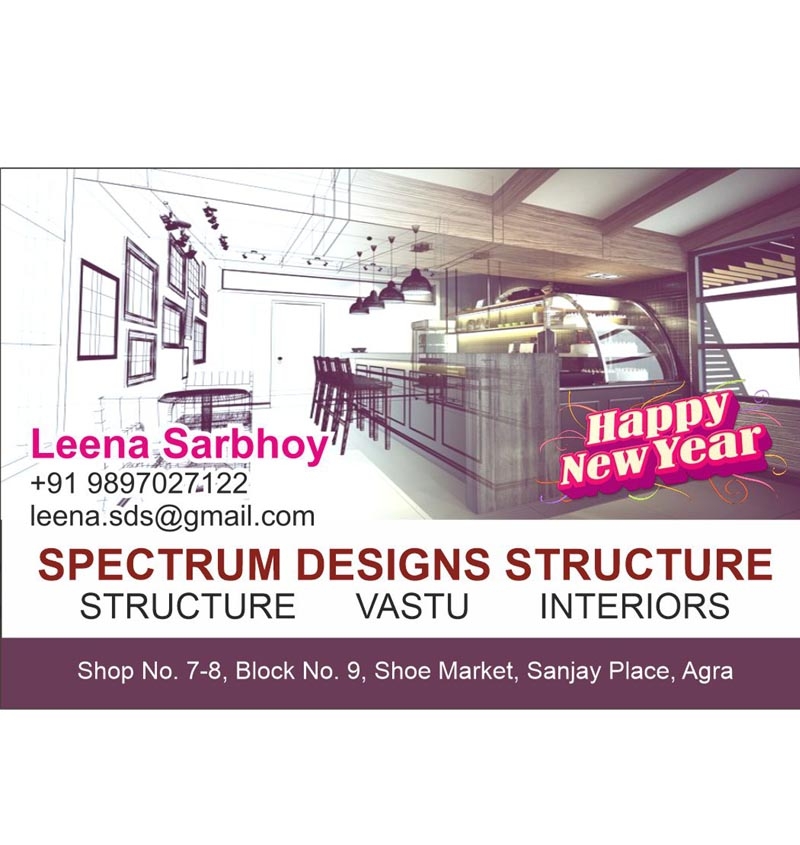
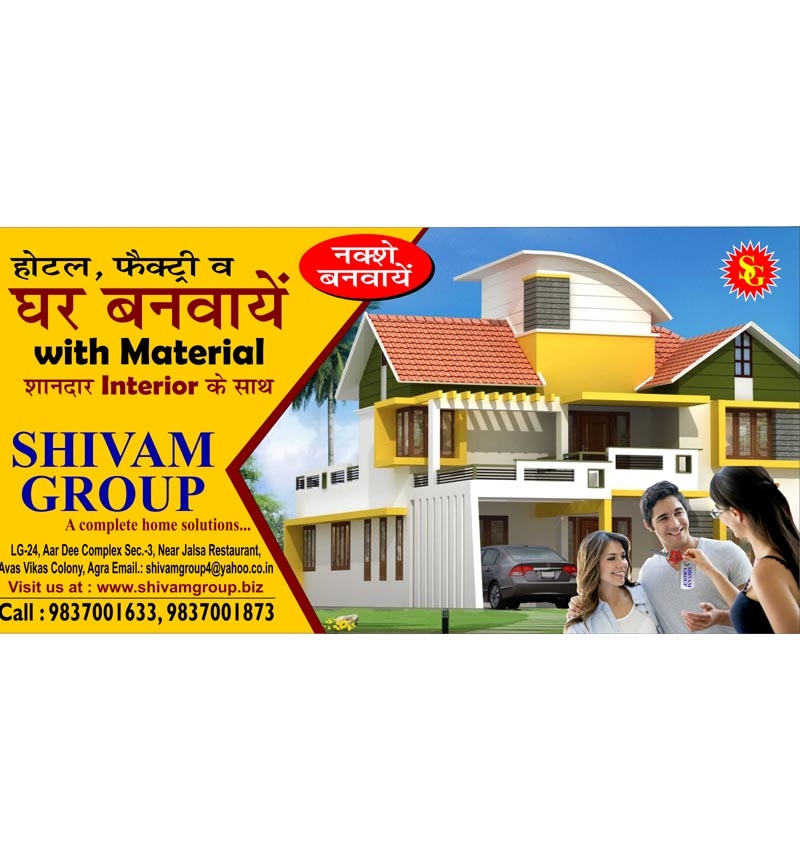
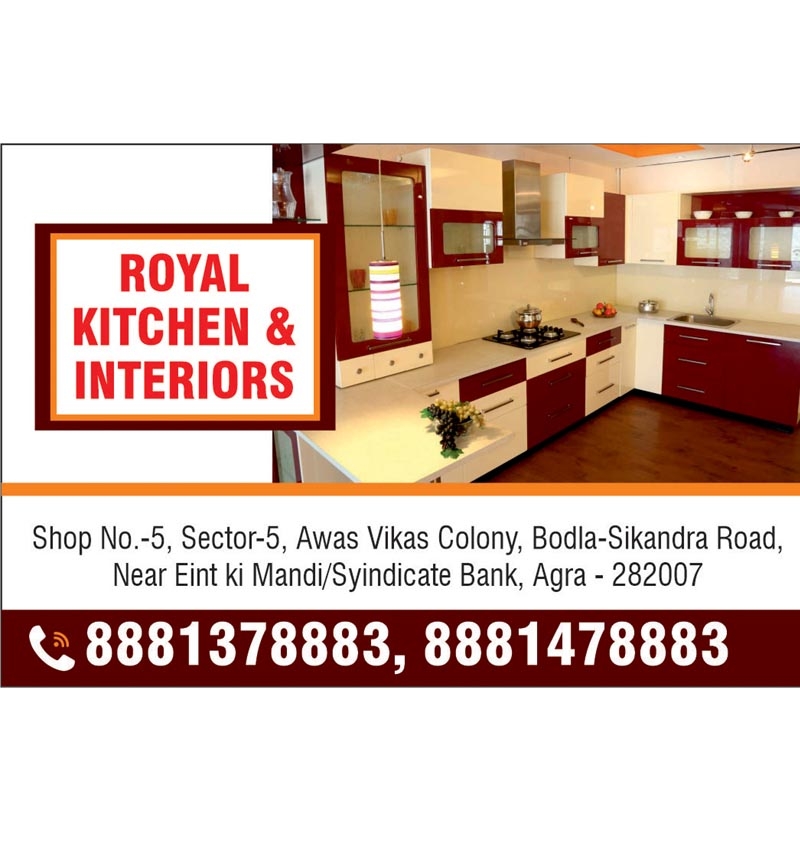
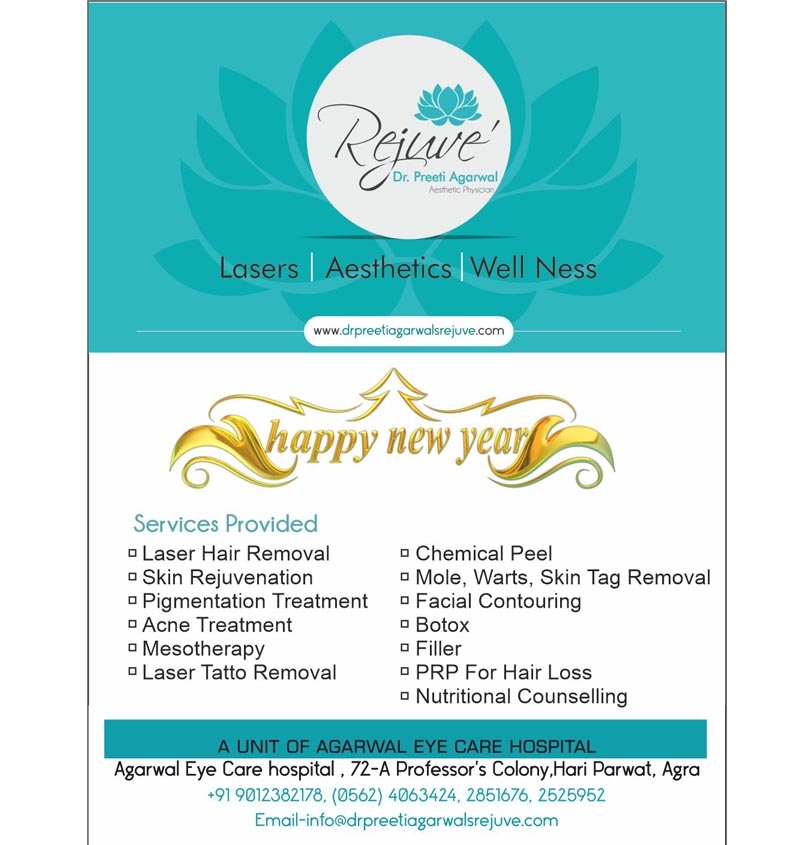



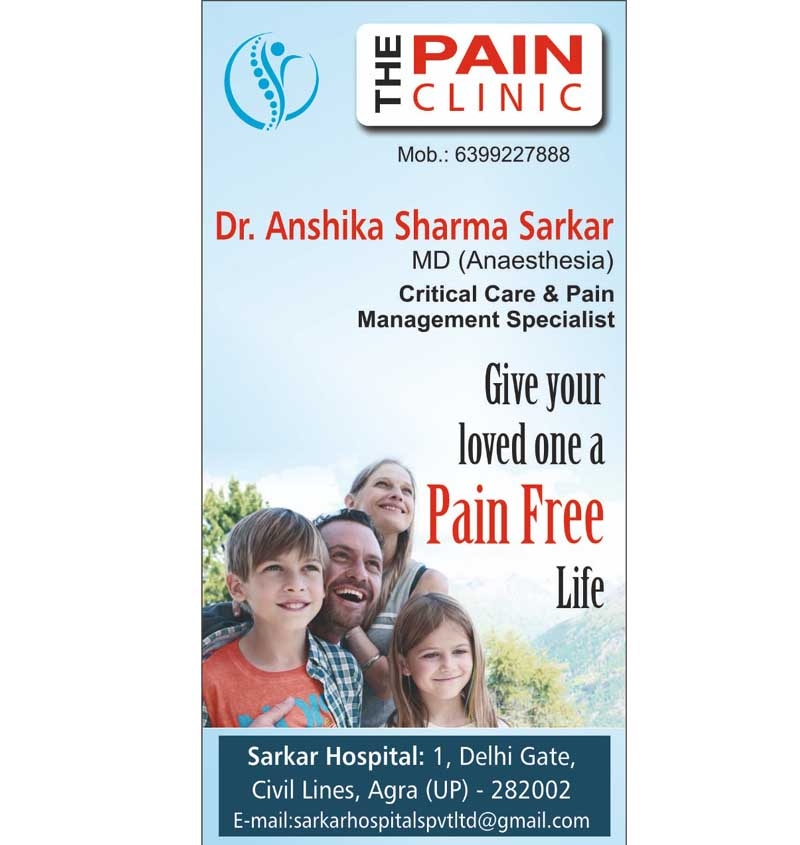

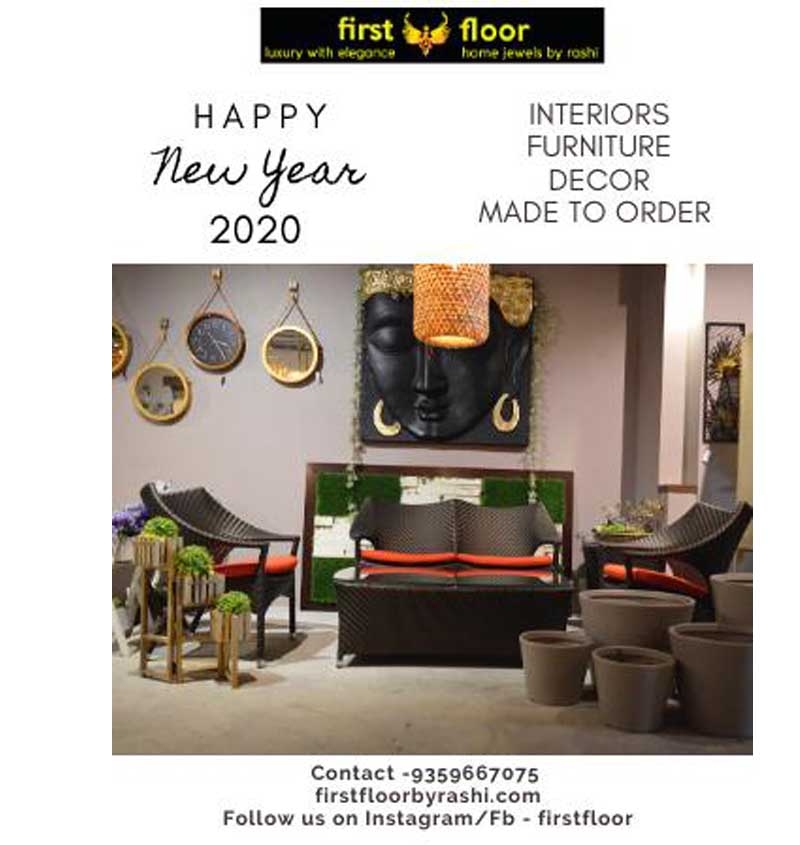



Your Message